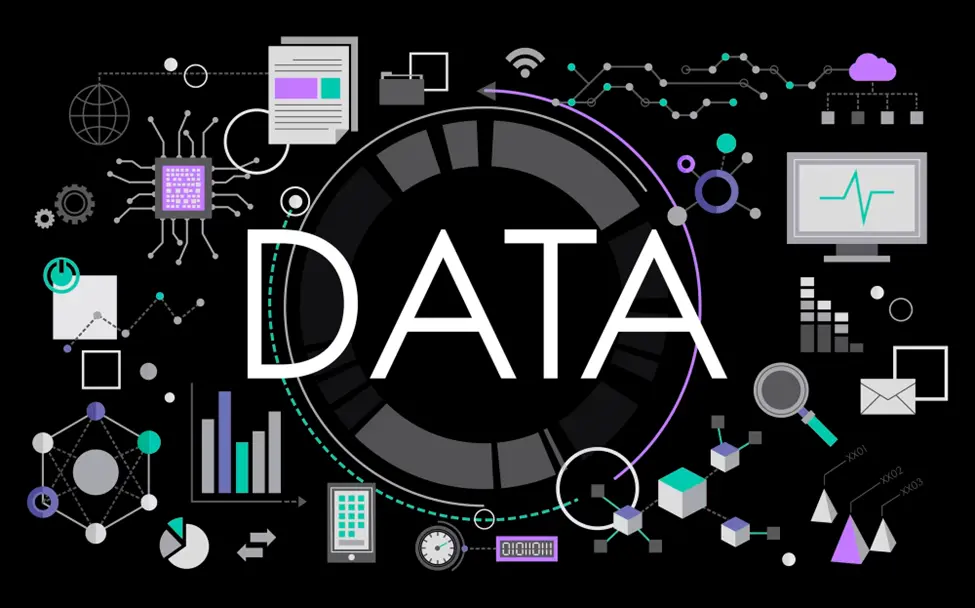Imagine vast quantities of data. Scattered and disconnected. Yet, hiding valuable insights waiting to be uncovered. Insights that will enable your business to make informed decisions, optimize marketing strategies, and ultimately, let gain a competitive edge.
That’s when you can’t do without data aggregation. But what is it? How does it work? And why should you care? In this article, we’ll provide a data aggregation definition and explore its significance in the modern digital landscape.
What Is Data Aggregation?
Data aggregation is a critical component of data management. It’s the process of gathering and consolidating disparate data points from multiple sources into a single, coherent structure.
In other words, we define data aggregation as a way of collecting, organizing, and presenting data from various sources and bringing it into a unified format.
Aggregation simplifies complex data sets and makes them more accessible and easier to understand. This allows your business to:
- Derive insights
- Identify trends
- Make well-informed decisions
- Enhance its performance.
Example of Data Aggregation
Let’s say you own an e-commerce business. You have multiple online sales channels, including your website, Amazon, eBay, Google Shopping, and other marketplaces. Each platform generates a lot of data:
- Orders per each channel
- The number of units sold
- Customer reviews
- Returns and refunds
- Revenue
In this aggregate data example, you may request that sales data be collected from each platform. Also, you may categorize it by product. What’s more, you’ll get simple information for comparing sales channel performance or tracking other metrics.
How Is Data Aggregation Used?
Data aggregation plays a pivotal role in various industries. Let’s see where the data aggregation meaning is more prominent.
- Marketing & advertising. Companies gather insights into consumer behavior, preferences, and demographic information from multiple channels. Then, marketers use them to create personalized campaigns, improve customer engagement, and drive sales.
- Business intelligence & analytics. Businesses consolidate customer interactions, sales data, and social media engagements to make informed decisions and identify market trends.
- Research & development. Companies use data aggregation to identify trends, spot opportunities, and accelerate the development of innovative products. For example, you may scrape mobile app data to learn more about what software features are popular in your niche.
- Financial services. With properly aggregated data, financial institutions can assess risks or develop personalized financial products for their clients.

What Are the Benefits of Aggregation Data
It won’t be an exaggeration to say that when your business aggregates data, you unlock the full potential of information. And this has a few benefits:
- Enables you to make more informed, data-driven decision-making
- Simplifies data, making it more manageable and easier to analyze
- Saves time and resources letting you focus on core business processes
- Lets you get the most relevant insights through customized reports and visualizations
- Gives access to accurate, up-to-date information minimizing inconsistencies and errors
- Allows you to leverage data for developing strategies that will set you apart from the competition
All in all, you empower your business with aggregated data to optimize your operations and make more informed decisions.
Why is Data Aggregation Important for Businesses?
These days, businesses and consumers generate a staggering volume of data. There is no doubt — this information is more manageable as you aggregate it. As a result, you’ll be able to extract meaningful insights from it.
Furthermore, data aggregation will provide you with a holistic view of your company’s operations. Hence, the next time you decide to develop new strategies or workflows, you’ll solely rely on accurate information.
If you’ve always wanted to get into your customers’ shoes, data aggregation tools will help you with this. The information you achieve will let you understand what they expect from you. In the long run, you’ll get clues on how to foster customer loyalty and what personalized experiences to create.
Finally, think of the resources you save by processing data the smart way. This will undoubtedly boost overall efficiency and productivity within your company.
Wrapping It Up
If you want your business to thrive, the choice is straightforward. You can’t ignore the perks data aggregation may bring to you. By having data from multiple sources in a unified format, you will empower your company. With the consolidated data, you’ll make more informed decisions, optimize your strategies, and stay ahead of the competition.
But you should find a partner with the expertise and resources to efficiently manage all information assets to truly unlock their potential. As an experienced data scraping company, Nannostomus helps businesses extract maximum value from their data. With our experts at your side, you will drive your business growth with quality information. Contact us to get to know how we can help you.




